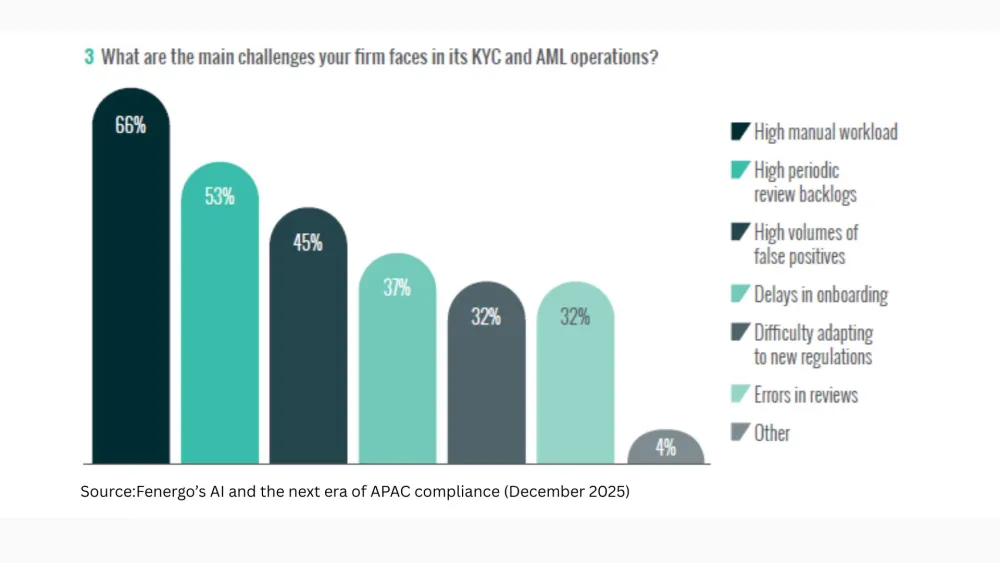
Commercial banks to take intermediary roles when CBDCs roll out: S&P
Central banks will prioritise financial stability in this undertaking.
Central banks are likely to set up commercial banks and other financial institutions in intermediary roles when they roll out central bank digital currencies (CBDCs), choosing a path that will maintain financial stability, according to the latest report by S&P Global Ratings.
"Central banks will likely lean toward a model where banks and other financial intermediaries continue to play a strong intermediation role, rather than one where central banks alone manage their digital currencies," said S&P Global Ratings Credit Analyst Gavin Gunning.
Commercial banks play a key role in intermediating between savers and borrowers, and they work closely with central banks in the process. Any CBDC models that cut out their middleman roles risk weakening existing banks' business models.
"Depending on the direction that public authorities take, and the direction that the technology allows, CBDCs could potentially have a profound effect on banks' business models," said Gunning, adding that whilst it’s too early to tell, CBDC’s evolution may change the competitive dynamics on the banking landscape and S&P’s view of individual banks' business positions.
That said, the risk of banks being disintermediated in the next one to two years seems unlikely, S&P assured.
“Because CBDCs are currency, and assuming they will not pay interest, their influence on bank deposits may be limited, under normal circumstances,” the rating agency said in the report.
Financial Stability
S&P believes that central banks’ ultimate choice of design for CBDCs will lean towards their objective of keeping their country’s financial stability.
“Central banks will ultimately want to avoid significant disruption, and avoid unintended consequences,” the ratings agency explained.
For central banks in emerging markets, they are likely to pick a model that assists in providing inclusive access to the underbanked and unbanked, notes S&P Global Ratings Analyst Harry Hu. This is because in many emerging market banking sectors in Asia-Pacific, cash in circulation continues to be high despite the rise in digital payments--in part due to these markets housing a large chunk of the world's underbanked population.
"The model and technology employed will also need to consider hindrances, however, such as low internet and mobile phone penetration and potential power outages. This could pose challenges for expansion, especially in rural areas,” Hu added.
Stronger fiscal policy
On the upside, CBDCs have the potential to strengthen public authorities’ control over fiscal policy.
For example, S&P said that CBDCs can by making benefits payments direct to end-users, thus allowing more precise benefit allocations. It could also lead to closer oversight compared with cash.
“The extent to which stronger control over fiscal policy may be beneficial to the economy is unclear, noting that commercial banks are the long-established intermediaries between savers and borrowers, and between public authorities and benefit recipients. Ultimately, weaker banks would likely be unhelpful for the economy,” the report added.
However, don’t expect CBDCs to replace cash for the foreseeable future; rather, they are likely to act as an additional tool more than a replacement.



















 Advertise
Advertise











